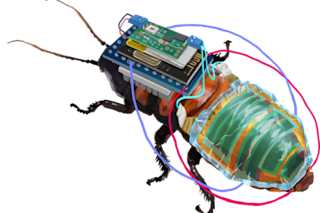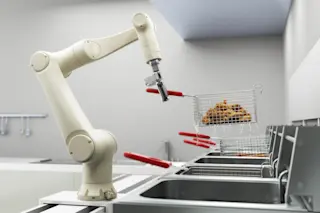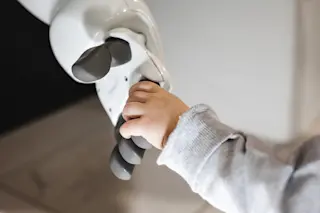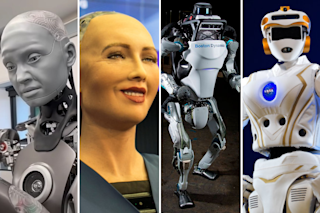With robotics companies already selling devices that allow us to outsource intimate tasks like caring for children and the elderly, a concerned researcher is advising society to grapple with the ethical implications of relying on robots for personal care now, before the consumer trend goes any further. In an essay in the journal Science [subscription required], robotics expert Noel Sharkey notes that an estimated 5.5 million professional and personal service robots (a category that doesn't include industrial robots) were sold in 2008, and says sales are likely to reach 11.5 million by 2011. Babysitting robots are already on the market:
They make conversation, recognize faces and keep track of kids. They're not a replacement for TV or games, but for personal care — and some researchers worry that kids will be harmed. "If you leave a small child in front of the TV, you have to keep popping in to ...













